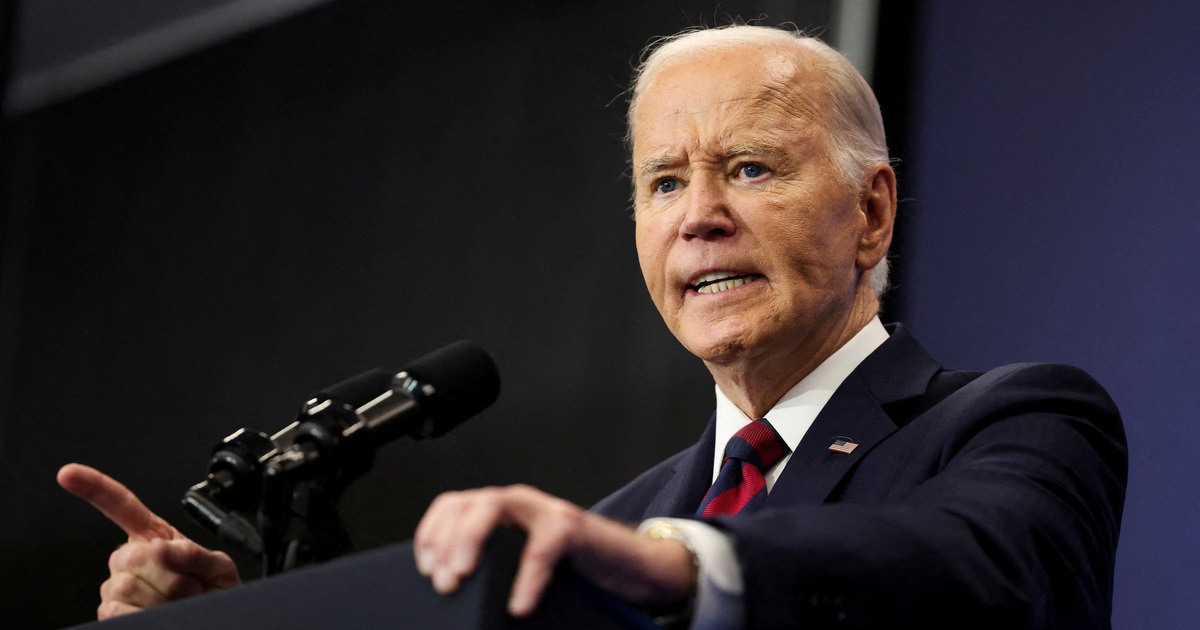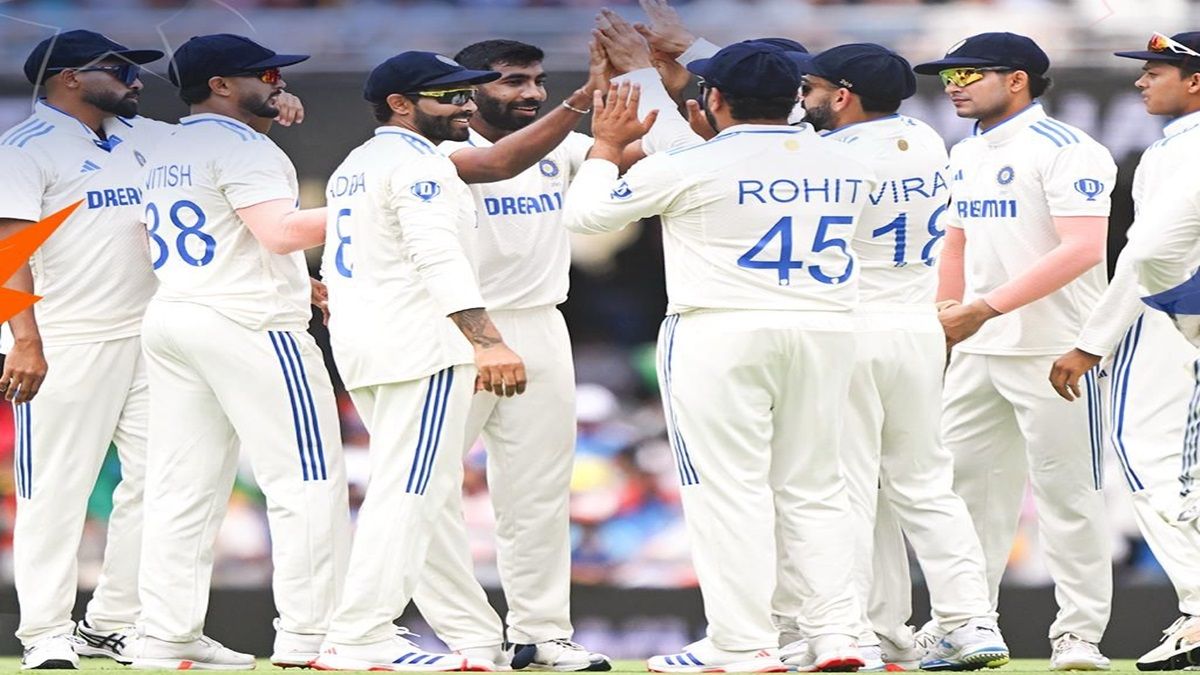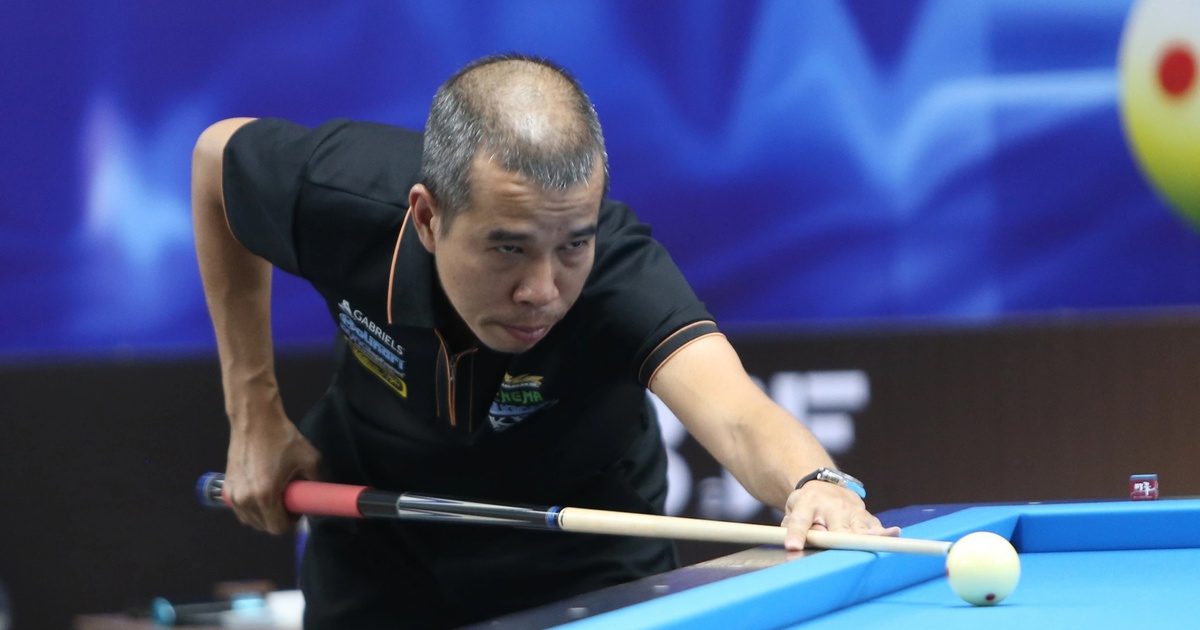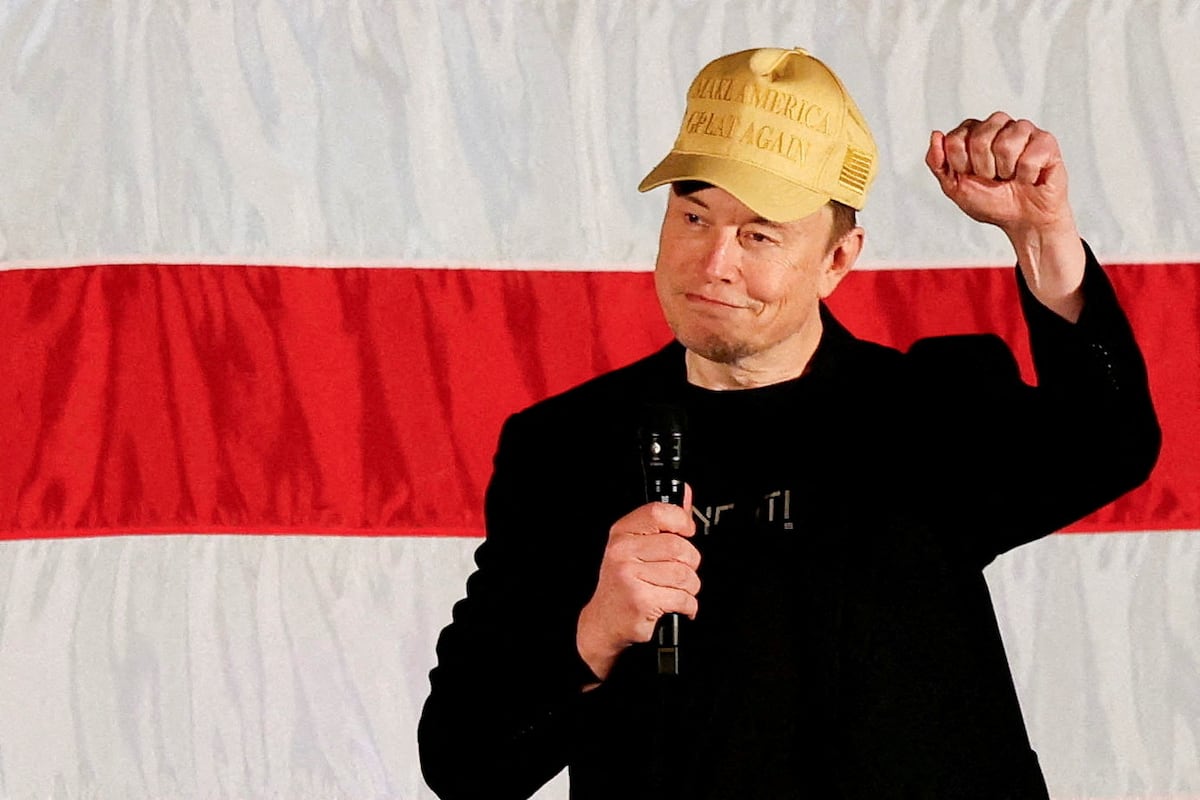Matteo Salvini, far-right leader of the League, current Minister of Transport and vice president of the Italian Government of Giorgia Meloni, has been acquitted this Friday afternoon in the trial opened against him three years ago in Palermo for his actions in August 2019, when he was minister. of the Interior, with the Spanish rescue ship Open Arms. For 19 days, it prevented the disembarkation of a ship with 147 migrants on board, anchored off the island of Lampedusa. In the end, in a critical situation on board – two bathrooms, all sleeping on the floor, 13 people jumped into the water and 27 minors were evacuated – the Agrigento prosecutor intervened, ordering them to go ashore and opening an investigation. A trial followed, with 27 civil accusations, in which he has been accused of kidnapping people and omission of official acts, which has lasted three years and which, for the moment, pending a possible appeal, has come to an end. .
The Prosecutor’s Office asked for six years in prison and the defense, acquittal, a thesis that has been accepted in full by the court, which met since the morning. It represents a setback for rescue NGOs working in the Mediterranean, because the process had become the symbolic final duel of a long confrontation between far-right Italian governments and these organizations and the courts. And it comes at a time when the EU is turning to the right and toughening its immigration policy.
The fight began with this case, when Salvini began to apply his policy of closing ports to NGOs. “I am happy, common sense has won, the law, Italy, has won the concept that defending the borders, the homeland, fighting against human traffickers, against foreign NGOs, protecting our children is not a crime, it is a right ”, Salvini exultantly proclaimed. “Fighting mass immigration, organized and financed invasion, is not a crime, but a right. This sentence does not only absolve Matteo Salvini, it absolves an idea of the country: entering Italy requires rules, limits, controls, and whoever uses immigrants to wage a political battle has lost, he returns to Spain with his hands in his pockets.”
In the Italian justice system, only the sentence is announced, and the text with the motivations is published later, in the following weeks, so there is no way to know yet how the court has argued its decision. For that we will have to wait. The sentence can be appealed and in Italy they are not final until the third and final instance, equivalent to the Supreme Court, a procedure that can take years and in which, in the meantime, the political practice when it comes to assuming and demanding responsibilities is usually to wait. until the end, since script twists are not rare.
Óscar Camps, the founder of Open Arms, said only when leaving the court that they will study the ruling when it is published and decide whether to appeal the decision. “We will continue working at sea, as always, nothing changes,” he concluded. In X, the organization has stated: “The sadness is for the people who were deprived of their freedom. “We await the motivations of the judges to evaluate whether we will appeal the sentence, as we hope the Prosecutor’s Office will also do.”
The process is the latest episode of a conflict that goes back a long way and is still ongoing, between the courts and successive governments that establish severe measures against immigration. In 2019, when the judged events occurred, the Executive was a coalition of the Five Star Movement (M5S) with The League, to which it left the management of immigration, its main readership issue. Today it is the far-right Executive of Giorgia Meloni, of which Salvini is a member, that attacks the magistrates who have paralyzed its deportation plan to Albania, based on EU regulations, and makes life impossible for rescue NGOs with very strict rules. For Meloni, today’s sentence is a victory in the midst of this battle. The sentence, the prime minister said, “demonstrates that the accusations were unfounded and surreal.”
The Open Arms episode received a lot of media attention at the time – actor Richard Gere came to support the crew – and highlighted the EU’s shortcomings in addressing the problem. Salvini, in low times in the leadership of his party, has taken advantage of the trial in recent months, since the prosecutor’s request was known in September, to present himself as a victim of persecution: “I plead guilty to having defended Italy and the Italians. “I plead guilty to having kept my word,” he declared upon learning of the prosecutor’s request.
The trial began on Friday morning with a final intervention by the public prosecution and the defense, in which they reaffirmed their conclusions. Prosecutor Marzia Sabella insisted on her line: “In this process, the freedom of a group of people is discussed, which was deprived of them by preventing them from disembarking.” In his final impeachment speech in September, he assured that Salvini created “institutional chaos with his unprecedented position” and that he did not apply the law, but rather “was aware of the illegitimacy of his actions.” “He had the obligation to grant a safe harbor and he did not do so,” he concluded. Furthermore, the public ministry stressed that there were 32 minors on board, most of them finally evacuated after a few days: “The minors are highly vulnerable victims, not unidentified migrants. They had to be welcomed immediately.”
Salvini’s defense, on the other hand, whose theses have been accepted by the court, accused Open Arms of having been the one who really kidnapped the migrants, with a political objective of putting pressure on the Italian Government and confronting the policy of closed ports. He states that the ship had “innumerable possibilities” to disembark these people in Tunisia, Malta and Spain, but preferred to “wander” around the sea because it wanted to dock only in Italy. In any case, their lawyers argue that while the ship remained docked in front of the port of Lampedusa, the castaways were always assisted and took no risks. “The penal code does not punish those who deny the freedom to disembark in Italy, but rather those who deny freedom of movement. In this case, Open Arms voluntarily prevented the collected migrants from going elsewhere. They had the duty to go to Spain, where they had been offered to disembark, but they did not want to,” said Salvini’s lawyer, his party colleague Giulia Bongiorno.
Although Salvini already had other complaints that came to nothing, the prosecutor stressed in this last intervention that “this case is unique,” due to how the events occurred. It all began on August 1, 2019, when the Spanish ship requested permission to disembark in Italy people rescued at sea and the Italian Government of Giuseppe Conte, a coalition of the Five Star Movement (M5S) and Matteo Salvini’s League, applied its new tough policy on immigration and closure of ports to NGOs. Salvini denied permission with a decree, signed by himself as Minister of the Interior, and also by two M5S ministers: Elisabetta Trenta, of Defense, and Danilo Toninelli, of Transport.
A fight began, with a great political background regarding immigration in Europe, in which Open Arms resorted to the Italian courts and got their way: on August 14 they suspended the measure. It is this decision of the Regional Administrative Court of Lazio that has marked the process, since from there the accusation of kidnapping of a person arises. The ship then headed to the port of Lampedusa, but was prevented from disembarking. The public ministry maintained that the assignment of a safe port of disembarkation should have been immediate after the ship was allowed to enter international waters: “It should be assigned without delay, not one hour later than the time at which it had been requested, the denial was produced with intentional and conscious disregard for the rules.”
Furthermore, in the following week another decisive thing happened: the Government broke up, and from then on both Conte and the M5S ministers distanced themselves from Salvini’s policy and his crusade against the ship of Open Arms. It was another crucial aspect for the accusation, as it claimed that it showed that it was a personal decision by the leader of the League, and not a consensual government policy. For this reason, the Prosecutor’s Office has seen Salvini’s attitude as “illegitimate and criminally relevant” administrative acts, conscious of acting in disregard of all the rules of national and international law, thus distinguishing his responsibility from that of the Government as a whole.
Salvini’s defense has precisely alleged that the blockade of the Open Arms It was a collective decision of the entire Government of Giuseppe Conte and it was a collegiate political act that cannot become a process involving a single individual. However, both Conte, Trenta and Toninelli – the two ministers who signed the first decree and then refused to sign another after it was annulled in court – testified at the trial that Salvini acted on his own.
On August 20, finally, the Agrigento prosecutor, competent by jurisdiction, forced the disembarkation by court order and launched the process against Salvini. The Italian Senate had to authorize it in 2020, and with the leader of the League in the opposition, the majority voted in favor (including his former M5S government partners).








